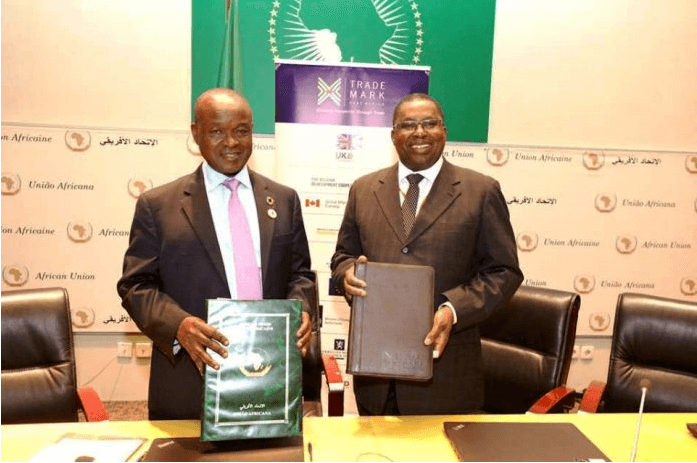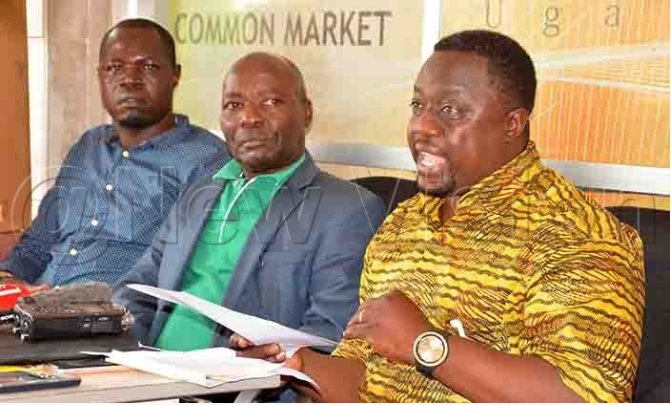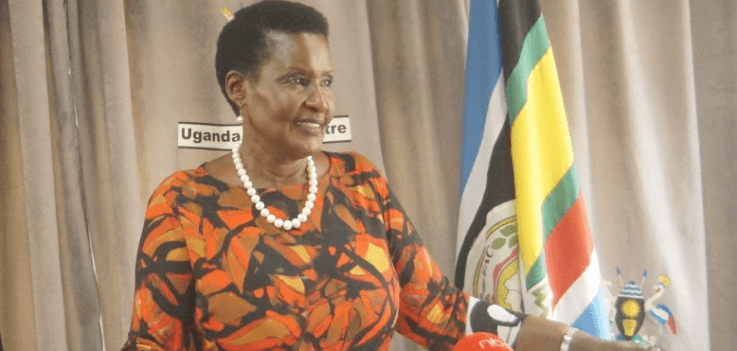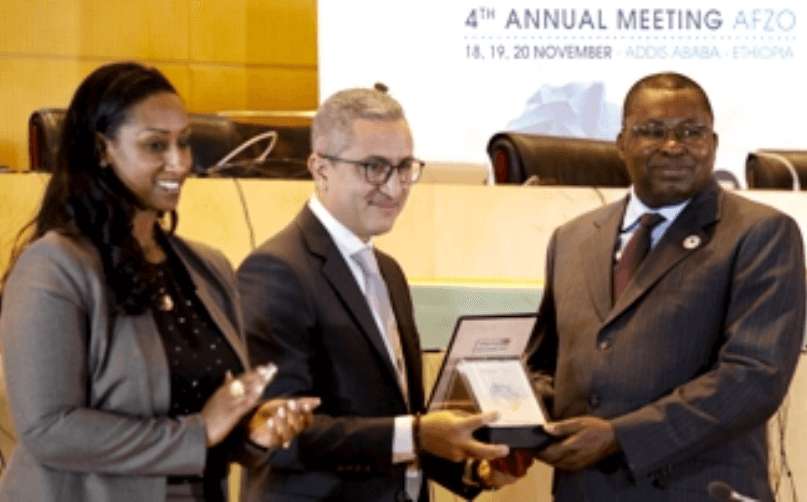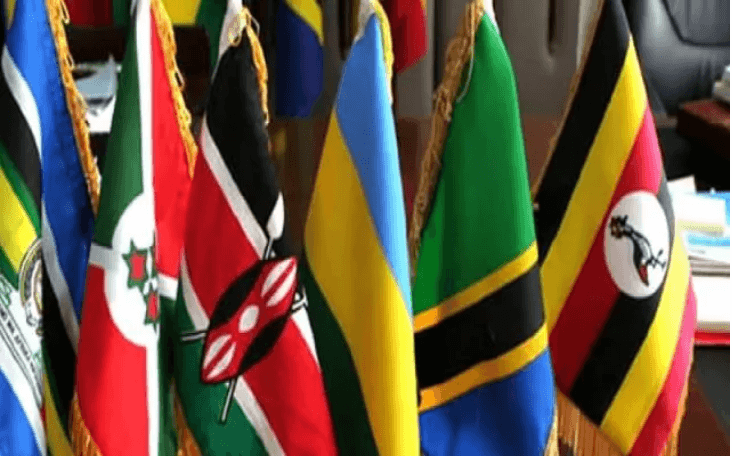Our Reporter. The African Union (AU) has signed a partnership with TradeMark Africa (TMA) aimed at boosting intra-African trade and fast-tracking the realization of the Africa Continental Free Trade Area (AfCFTA) ) in selected Southern and Eastern Africa countries – Uganda, Kenya, Tanzania, Rwanda, Burundi, South Sudan, Ethiopia, DRC, Zambia, Malawi, and Mozambique . The agreement was signed in Addis Ababa this week by Amb. Albert Muchanga – the AU Commissioner for Trade and Industry, Amb. Erastus Mwencha – the TradeMark EA Board Chair and Frank Matsaert – the TradeMark EA CEO. Speaking at the signing, Amb. Albert Muchanga – the AU Commissioner for Trade and Industry noted that the ‘AU is indeed excited to work with TMA; renowned organisation that has implemented successful trade facilitation programmes in East Africa.’ Amb. Albert Muchanga said; “We want to complement our efforts in implementing the ambitious boosting intra African trade programme, leverage TMAs experience and ensure similar trade facilitation initiatives are implemented to boost trade and prosperity for the people in this region.” On behalf of TradeMark Africa, board Chair, Amb. Erastus Mwencha said, “This partnership with the African Union is an important milestone and embodies our vision for a prosperous Eastern Africa. TMA can help fast-track implementation of the AfCFTA by supporting the African Union (AU) programme for Boosting Intra-African Trade (BIAT).” “By implementing quick win measures to ‘thin’ borders and reduce the cost and time to trade along key corridors, TMA will help keep momentum going for this ambitious initiative to...
AU, TradeMark EA sign partnership to boost intra-African trade and Continental Free Trade Area
Posted on: November 25, 2019
Posted on: November 25, 2019

